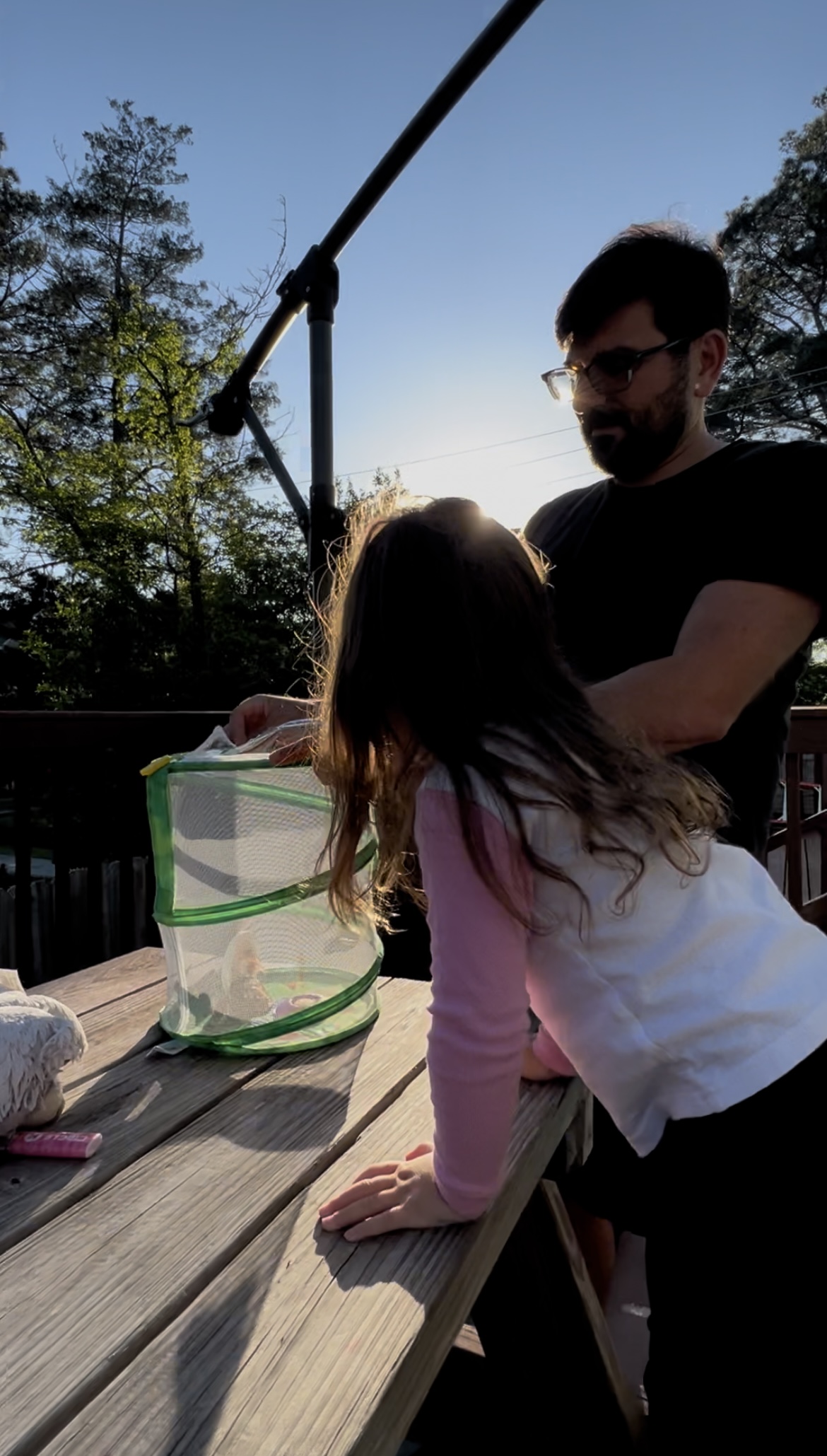How Not to be Eroded
How Not to be Eroded
LISTENING ︎︎︎ Lottie Hazell, Piglet
Jess Bernhart is a writer, curator and arts administrator. Currently managing rotating exhibits and special projects for ATL Airport Art, Bernhart also runs an artist publishing project, Volatile Parts, and an artist residency in Montezuma, GA, Volatile House.
Bernhart co-curates fLoromancy, a (currently hibernating) arts publication. She has published essays, poetry, and arts criticism in Burnaway, ArtsATL, Eyedrum Periodically, Loose Change, ++, and has exhibited visual art in a handful of group shows, mostly in Atlanta. She holds a bachelor’s in philosophy from Haverford College and a master’s degree from the London School of Economics. She has three children, a husband, and a dog, and lives in Montezuma, GA.
Bernhart co-curates fLoromancy, a (currently hibernating) arts publication. She has published essays, poetry, and arts criticism in Burnaway, ArtsATL, Eyedrum Periodically, Loose Change, ++, and has exhibited visual art in a handful of group shows, mostly in Atlanta. She holds a bachelor’s in philosophy from Haverford College and a master’s degree from the London School of Economics. She has three children, a husband, and a dog, and lives in Montezuma, GA.



We released the butterflies on Saturday. They came out one at a time, pausing just long enough to build suspense before each took off. There was no signal — no flourish — just the sudden explosive departure as they made their break for it. We were all gathered around the little mesh tent, yelling goodbye, laughing, shrieking. The boys were cackling, for reasons known only to them. Maybe the movement. Maybe the noise. Maybe just the shared electricity of it all.
The butterflies had been with us for ten days. Long enough to feel familiar. Long enough to ignore, and then remember. We fed them sugar water on cotton balls. We named them. Then we let them go.
What strikes me is how little time it took — their whole life, neatly contained in the same week that we ran out of dish soap, when Laith started saying “up,” when I did some laundry and didn’t fold it.
Meanwhile, I am still in the middle of everything. Still changing diapers. Still trying to figure out how to explain anything at all. Watching their full metamorphosis felt almost rude. Like time was showing off.
I remembered something I read once — that caterpillars don’t just grow wings. They liquefy. They turn into a nutrient-rich soup inside the chrysalis. The self becomes sludge before it becomes the self again. That’s what becoming means. Not wings, but forgetting.
Earlier that same day, before the butterflies were released, I was wandering the neighborhood with the kids. No destination, no agenda. I had the passing thought — not even a sad one — that I was just running down the clock. Filling the space between breakfast and nap. Moving my body and theirs through the hours because there was nothing else to do.
But under that, or maybe alongside it, was another thought: all we have is time. Without it, there is no experience, no meaning, no self to speak of. I will never have this day again. This walk. This particular configuration of light and leaves and snack requests. Aiden was chewing an apple core. Evie was singing to herself, insisting on holding my hand. We were just… in it.
The philosopher Henri Bergson wrote that real time isn’t clock time. It isn’t measured in minutes or hours, but in duration — a continuous flow of experience, shaped by how we attend to it. Time, in this sense, stretches or contracts depending on our presence within it.
That idea resonates. Parenting small children is, above all, an act of attention. The tasks repeat, but the moments don't. You’re tuned to the micro-frequency of needs and moods, of little shifts that make no narrative sense but shape the day completely. It looks like nothing is happening. But you’re deep inside it. That is why the days feel so full.
And maybe that’s why the butterfly experience felt full, too. It arrived with its own tempo — slower than ours, but more legible. It gave the house a shape. Not one divided by meals or Blippi episodes, but one that moved in quiet stages. Stillness. Goo. Becoming. Gone.
And maybe that was the real gift — not transformation as metaphor, but transformation as rhythm. A small beat inside the large, loose song of parenting. A reminder that some things really do begin and end. That not everything repeats forever. That something can happen, completely, and still be small.
We left the mesh tent on the porch for a few days afterward. Not as a shrine, exactly. Just because no one took it in.